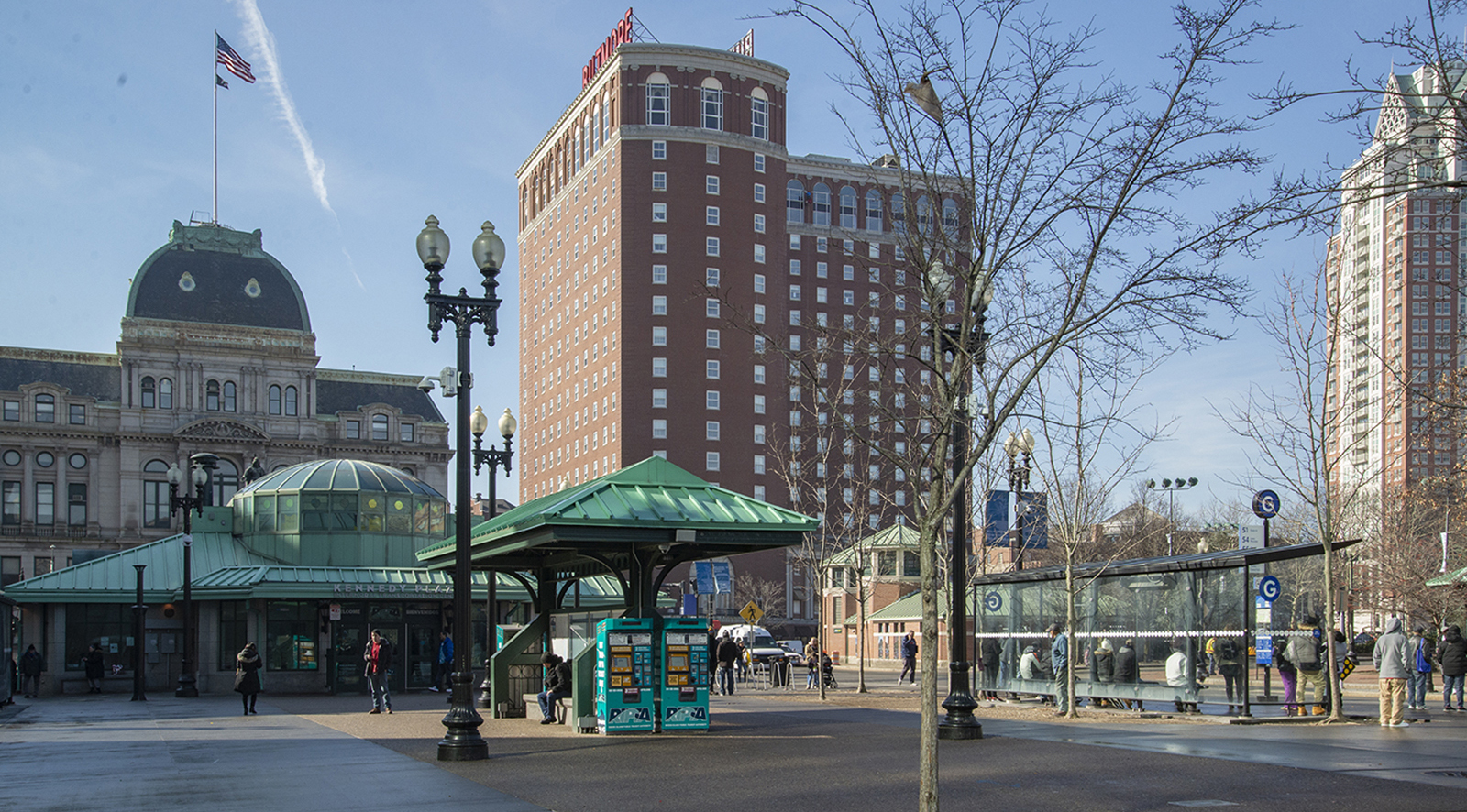Environmental Justice Advocates Propose Changes to Diversify CRMC Board
June 9, 2018
Editor’s note: The following is an open letter from Monica Huertas, Cristina Cabrera and Aaron Jaehnig to Senate President Dominick Ruggerio, Chairwoman Susan Sosnowski and members of the Senate Committee on Environment and Agriculture regarding a bill relating to the Coastal Resources Management Council.
No LNG in PVD, the Environmental Justice League of Rhode Island, and Sierra Club Rhode Island welcome change to the Coastal Resources Management Council (CRMC) and request the following changes be made so that CRMC can serve all of Rhode Island and not just it’s wealthiest.
We request that the CRMC board include members with public-health and environmental expertise who reflect the populations and interests most likely to be affected by activities on the coast, especially environmental justice communities and communities of color.
Environmental justice is defined by the Environmental Protection Agency (EPA) as “the fair treatment and meaningful involvement of all people regardless of race, color, national origin, or income with respect to the development, implementation and enforcement of environmental laws, regulations and policies.”
Fair treatment is further defined as “no group of people should bear a disproportionate share of the negative environmental consequences resulting from industrial, governmental and commercial operations or policies.”
Meaningful involvement means “people have an opportunity to participate in decisions about activities that may affect their environment and/or health; the public’s contribution can influence the regulatory agency’s decision; community concerns will be considered in the decision making process; and decision makers will seek out and facilitate the involvement of those potentially affected.”
Environmental justice communities are defined as census block groups with percentages in the top 15 percent of the region or state for low-income residents and/or non-white populations.
It’s clear from recent behavior and decisions of the current CRMC board that it can’t be relied on to make decisions that give full weight to environmental and human health, or to treat all coastal communities equally. The CRMC board didn’t provide meaningful involvement, and the South Side of Providence is not receiving fair treatment as it bears a disproportionate share of the negative environmental consequences, including but not limited to some of the highest asthma rates in the state.
In 2017 hearings for the liquified natural gas (LNG) plant proposed by National Grid for the Port of Providence, CRMC members and chair decided in favor of National Grid, the corporate applicant, despite more than eight hours of testimony from both experts and residents of the impacted community presenting the negative environmental and human-health effects of the proposed LNG plant, as well as reasons to question its structural soundness and safety.
During the hearing process, council members also showed a distinct bias against community members of color when the latter got up to testify; members interrupted such speakers, turned off microphones, stepped away from the table, and eventually called security on one person before she completed her testimony.
Further, these hearings were repeatedly held in a location difficult for members of the affected community to reach — One Capitol Hill, remote from the South Side — and intimidating for members of the affected community to enter, despite the suggestion of several alternative sites that could have been accessed more easily.
We strongly request that the following changes be made to the requirements of appointing people to the CRMC board and the procedures of the CRMC when a project is located in an environmental justice community, or if the environmental, public-health and/or public-safety impacts will disproportionately impact an environmental justice community:
A minimum of half of the CRMC must live in environmental justice communities as mapped by the Rhode Island Department of Environmental Management.
If a project is proposed within an environmental justice community, the resident of that EJ community will act as the chair for all decisions made on the application for the CRMC.
Public hearings held for projects impacting EJ communities must be held within the community.
A minimum of half of the CRMC board must identify as a person of color.
A minimum of two members must have qualification in public health.
A minimum of two members must have qualifications in ecological sciences.
A minimum of two members from grassroots organizations managed by frontline communities.
A minimum of two members from indigenous tribes.
CRMC appointment hearings held by the Senate shall be located in a coastal EJ community.
CRMC members shall have 2-year terms with a maximum of two terms.
The EPA lists South Providence and Washington Park as EJ communities; other coastal Rhode Island municipalities that also have EJ communities include neighborhoods in Central Falls, Narragansett, Newport, Warwick, East Providence and North Kingstown.
Please reference the enclosed map (posted above) of environmental justice communities for the exact boundaries, as EJ communities don’t encompass the entirety of the listed municipalities. Rhode Island’s EJ communities, which are more likely to be affected by environmental racism and treated as sacrifice zones for industry, should be represented on the CRMC board.
Given the political landscape we are in and given the lasting effects of legislation, we can’t afford concentrating this kind of power over our most vulnerable communities and in the mist of fragile ecological systems on just one person. As a proposed change in legislation would allow the governor to appoint all CRMC members, we must ensure that the legislation and the Senate create a CRMC board that empowers the people to ensure clean air, water and soil for all of Rhode Islanders, as well as access to our waterfront. If we look at the world’s political landscape, we should be truly concerned about the growing injustice; we urge you to create a more just CRMC board.
Senators, we urge you to incorporate these revisions into the requirements of the CRMC to avoid such institutional racism from occurring again. We also urge that this be the first part of a process of making sure that CRMC membership reflects both the makeup and the interests of all affected communities, most especially EJ communities inhabited by people of color.
In this way can Rhode Islanders be confident that the long-term health, safety and functioning of all our coastal communities, not just those inhabited by our wealthiest residents, and the interests of our environment and people, not just of a few people and their corporate allies.
Monica Huertas is the campaign coordinator for No LNG in PVD, Cristina Cabrera is the executive director of the Environmental Justice League of Rhode Island, and Aaron Jaehnig is the Rhode Island chapter chair of the Sierra Club Rhode Island.
Categories
Join the Discussion
View CommentsYour support keeps our reporters on the environmental beat.
Reader support is at the core of our nonprofit news model. Together, we can keep the environment in the headlines.
We use cookies to improve your experience and deliver personalized content. View Cookie Settings



